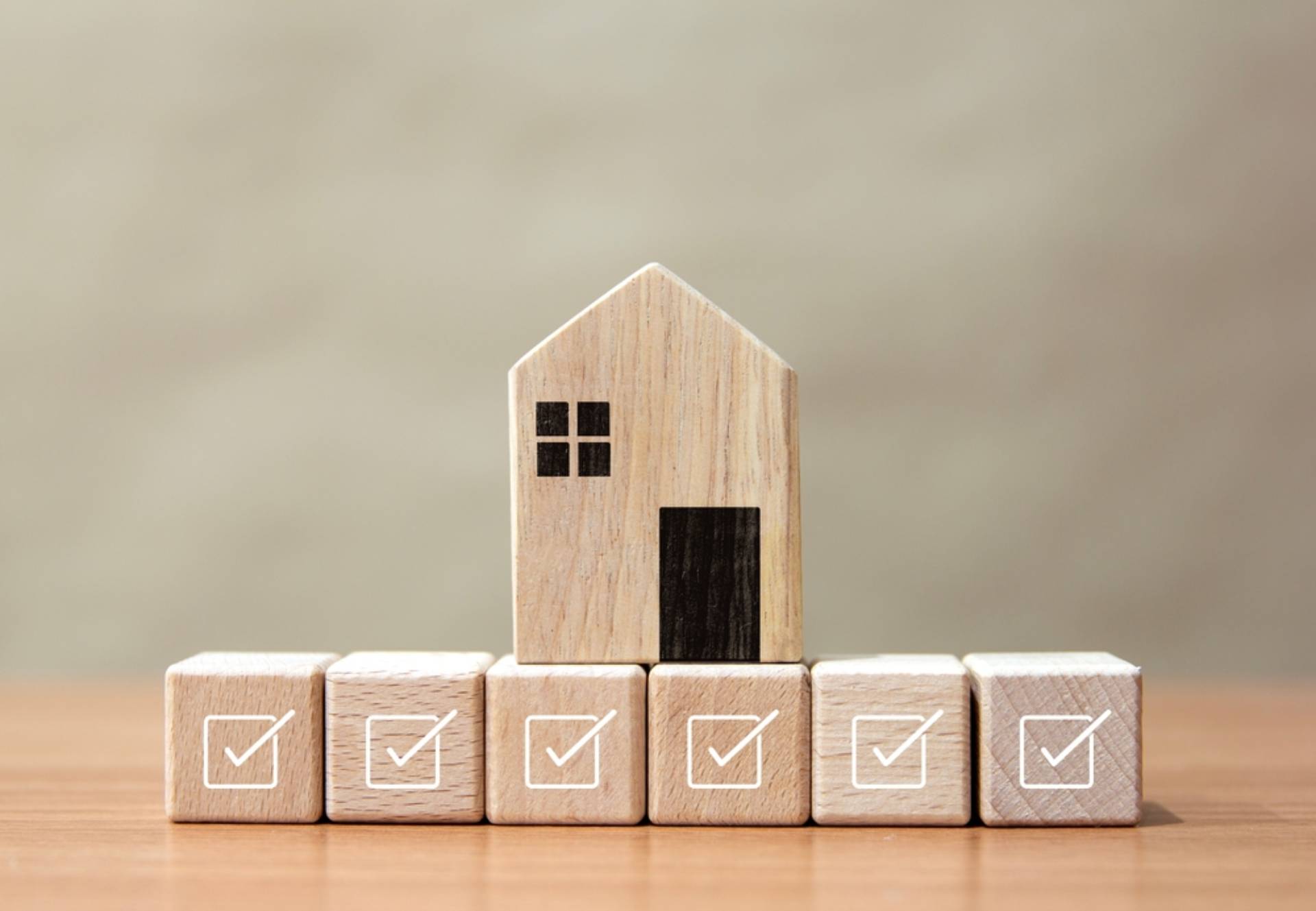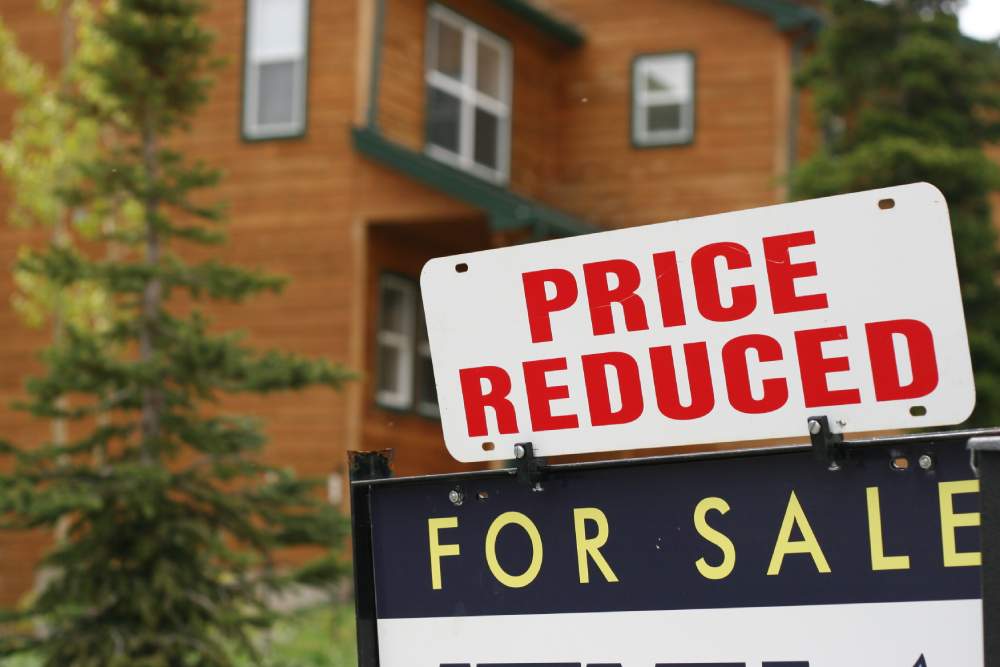When it comes to buying a house, negotiating the price is a crucial step in the process. Whether you’re a first-time homebuyer or a seasoned real estate investor, the art of negotiating house prices can make a significant difference in your financial outcome. In this blog, PM Property Lawyers will provide you with valuable insights and top tips on how to negotiate house prices effectively. From understanding the market to employing negotiation tactics, we’ve got you covered.
Tips For Negotiating House Prices
- Research the Market: Before entering negotiations, it’s essential to have a solid understanding of the local real estate market. Research recent sales in the area, assess property values, and identify trends. Knowing the market’s pulse will empower you with data to support your offer and counteroffers effectively.
- Set a Realistic Budget: Determine your budget before negotiations begin. Take into account your financial situation, including your down payment, mortgage pre-approval, and additional costs such as closing fees. Knowing your financial limits will help you avoid overextending yourself and making unreasonable offers.
- Understand the Seller’s Perspective: Effective negotiation involves empathy. Try to see the situation from the seller’s point of view. Are they in a hurry to sell, or do they have time to wait for a higher offer? Knowing the seller’s motivation can help you tailor your negotiation strategy accordingly.
- Start with a Strong but Reasonable Offer: Your initial offer should be strong enough to capture the seller’s attention but not so low that it offends them. Strike a balance by offering a price that reflects the property’s market value and justifies your interest.
- Be Prepared to Compromise: Negotiations are a give-and-take process. Rarely will both parties get exactly what they want. Be open to compromise on various aspects, such as the closing date, repairs, or other contingencies. Flexibility can help move negotiations forward.
- Leverage Inspection Results: If the property inspection reveals issues that need attention, use this as a negotiating tool. You can ask for repairs to be made, a reduction in the selling price, or a credit towards your closing costs. The condition of the property can significantly impact its value.
- Time Your Negotiation: Timing is crucial in negotiations. If the property has been on the market for a while or if the seller is motivated to sell quickly, you may have more room to negotiate a lower price. On the other hand, in a competitive market, you may need to act swiftly and make a strong offer.
- Stay Emotionally Detached: It’s easy to get emotionally invested in a potential home, but during negotiations, it’s essential to remain rational and detached. Emotions can cloud your judgment and lead to decisions that aren’t in your best financial interest.
- Seek Professional Guidance: Real estate negotiations can be complex, and it’s often wise to have a real estate agent represent your interests. They can provide expert advice, handle paperwork, and negotiate on your behalf, ensuring that your interests are protected.
- Know When to Walk Away: Sometimes, the best negotiation tactic is knowing when to walk away. If the seller is unwilling to meet your minimum requirements or if the deal doesn’t align with your financial goals, it may be time to explore other options.
Negotiating House Price After a Survey
Property surveys are designed to uncover any issues with your potential new home and, there are two ways this can usually go:
- If you get a good survey that you’re happy with you can proceed with the transaction as normal
- If it’s a bad survey that raises some issues, then you may want to renegotiate or walk away from the sale entirely
In the unfortunate event that you get a bad survey, then your first port of call should be to discuss the results with the surveyor. Remember, some results will look worse until you have an idea of how much it will cost to rectify the issues – your surveyor will be able to give you this information.
It’s the major issues that you should look out for in your survey, as these are the ones that could mean renegotiation is necessary. Without a major property defect found in the survey, then it’s likely that any attempt to negotiate the house price down will result in a rejection of your offer.
Final Thoughts
Negotiating house prices is an art that requires research, preparation, and effective communication. By following these top tips and advice, you can navigate the process with confidence and increase your chances of securing a favourable deal. Remember that successful negotiations often result in a win-win outcome for both buyers and sellers, so approach the process with fairness and respect.






